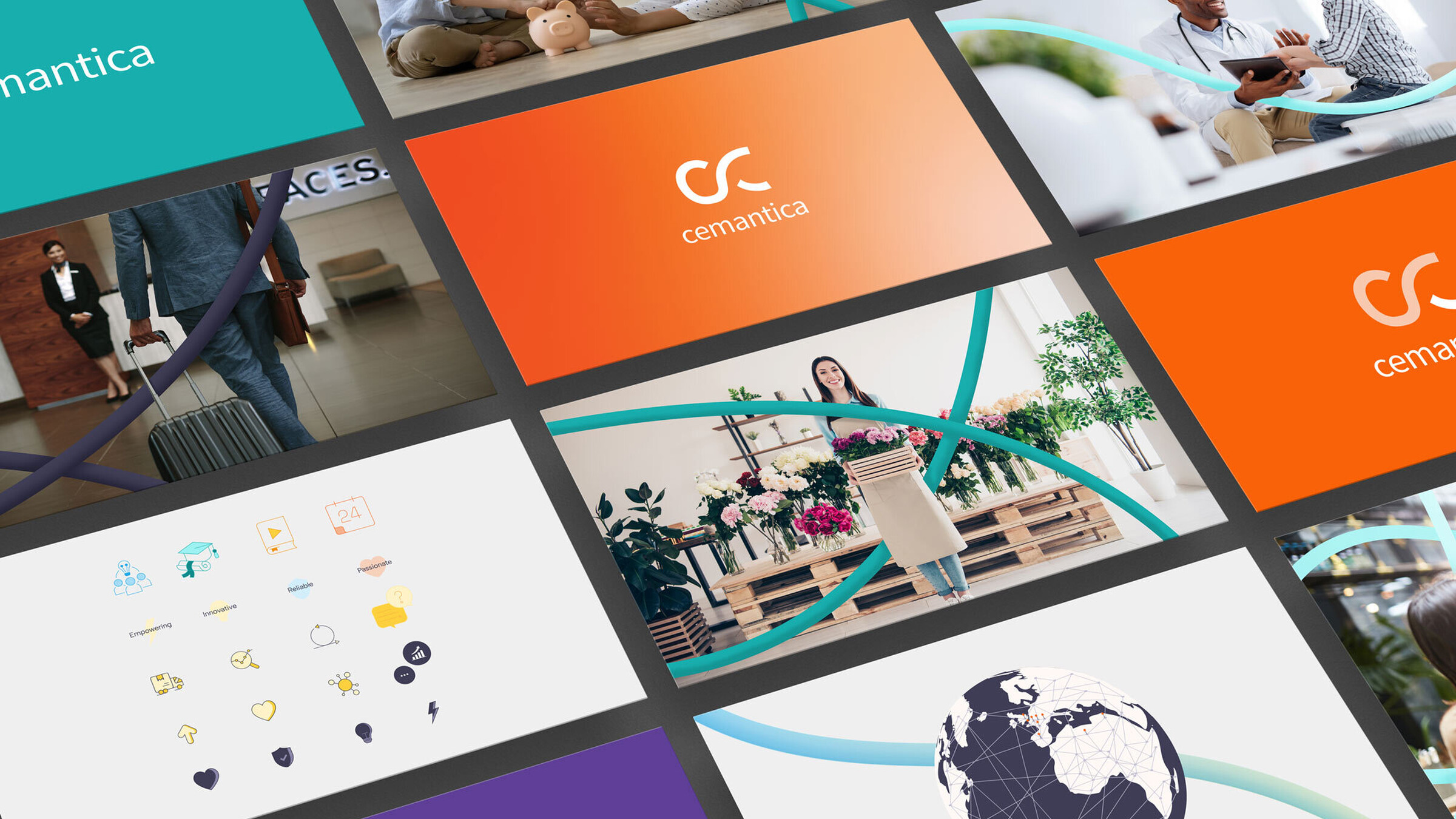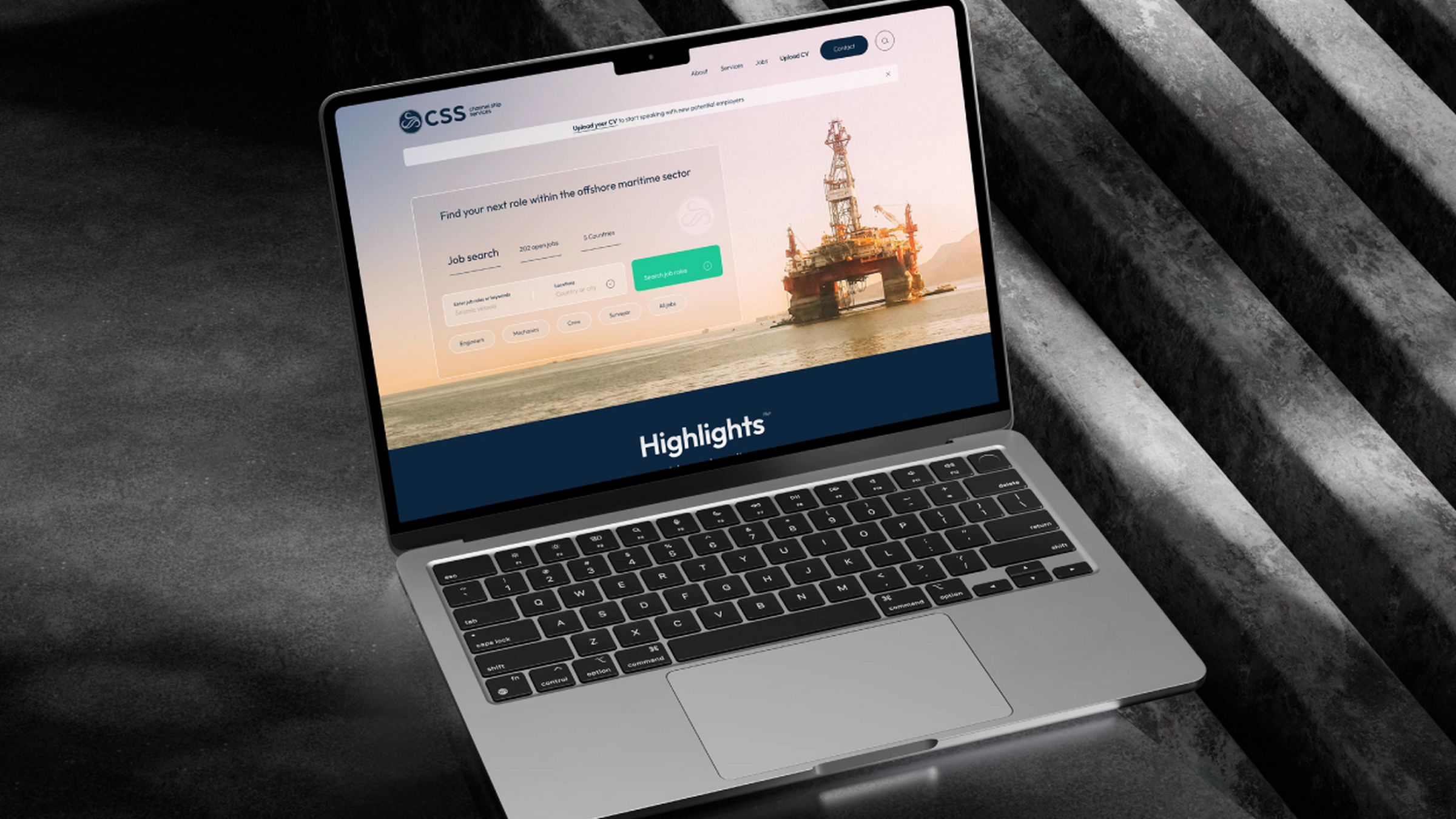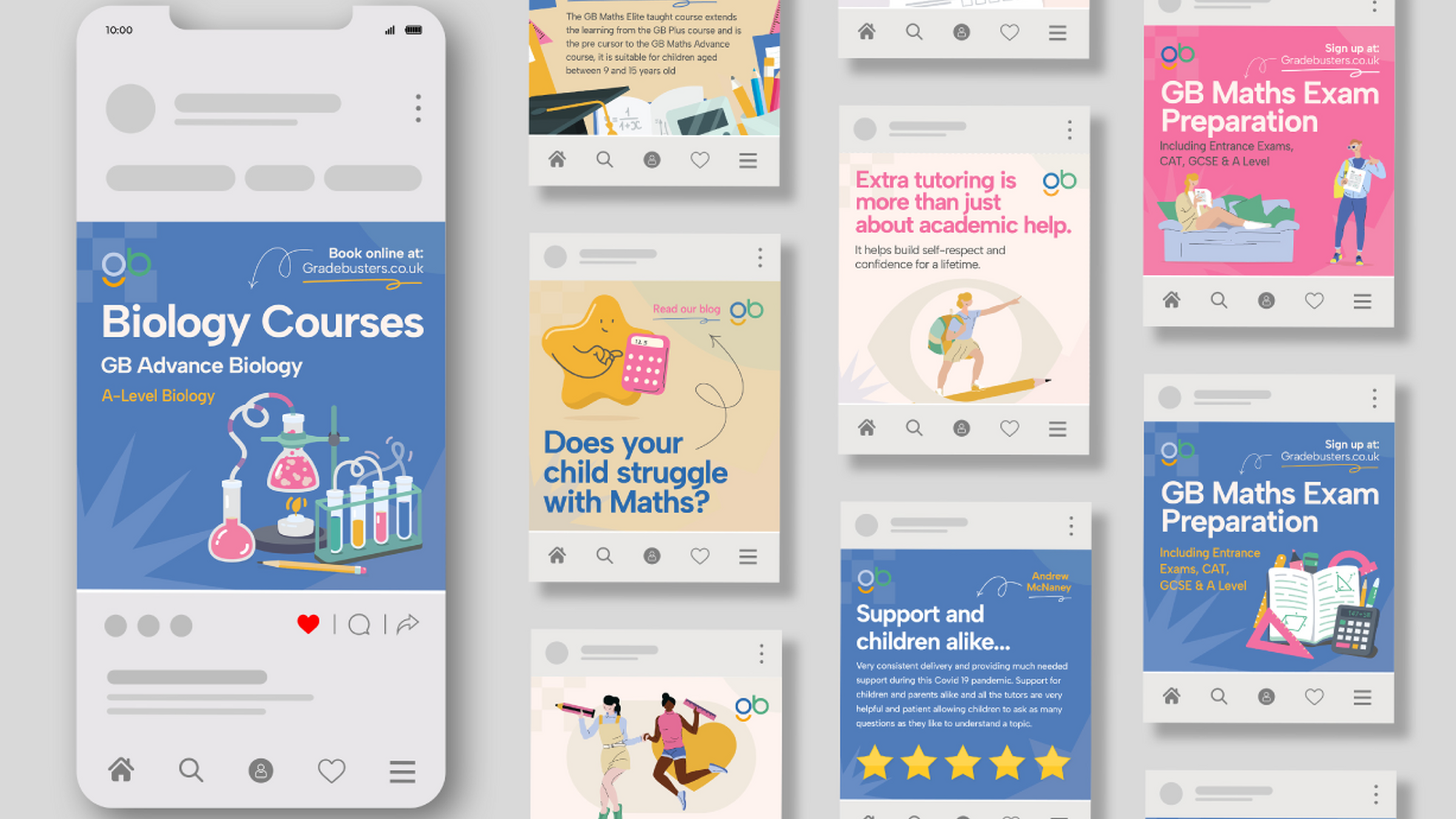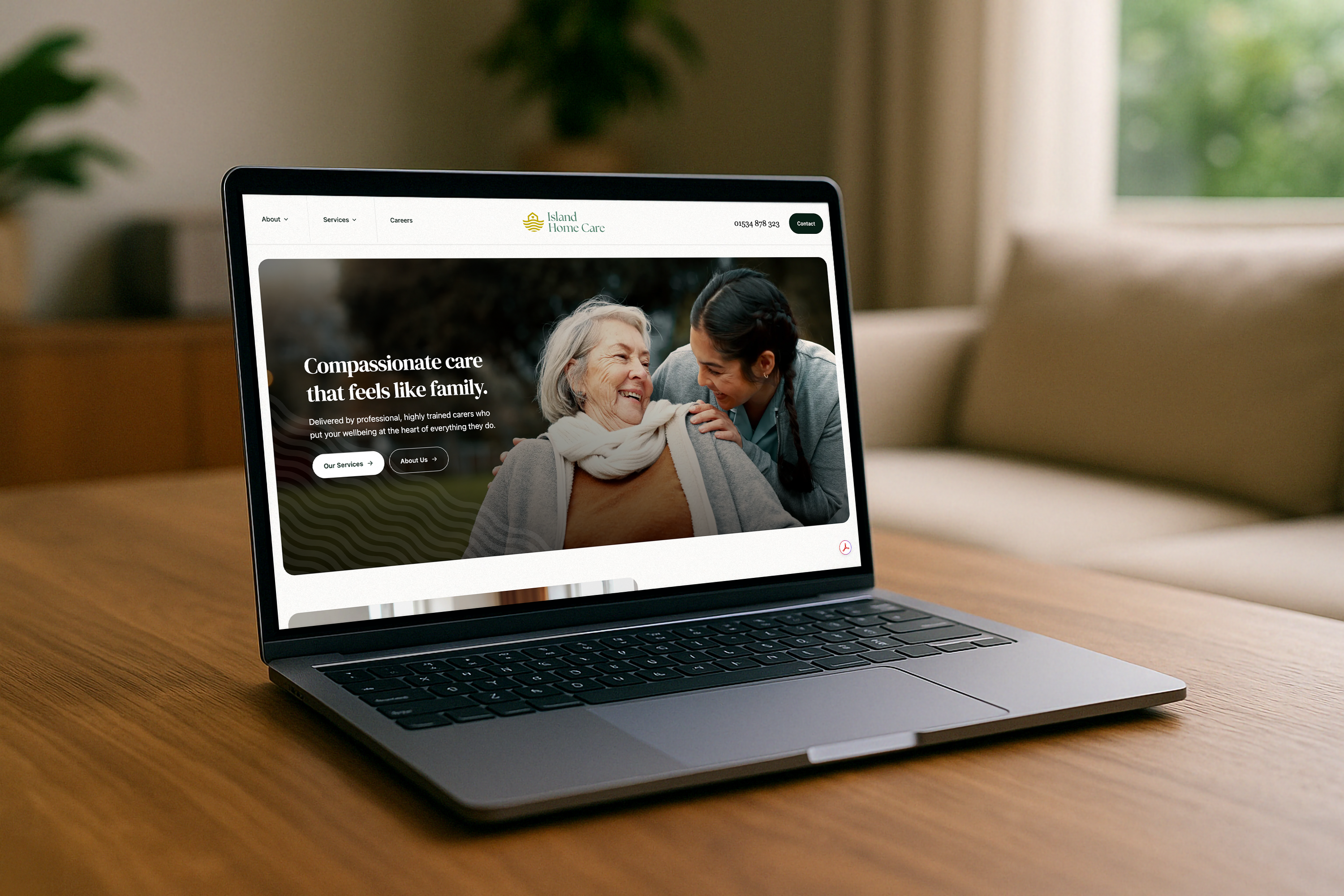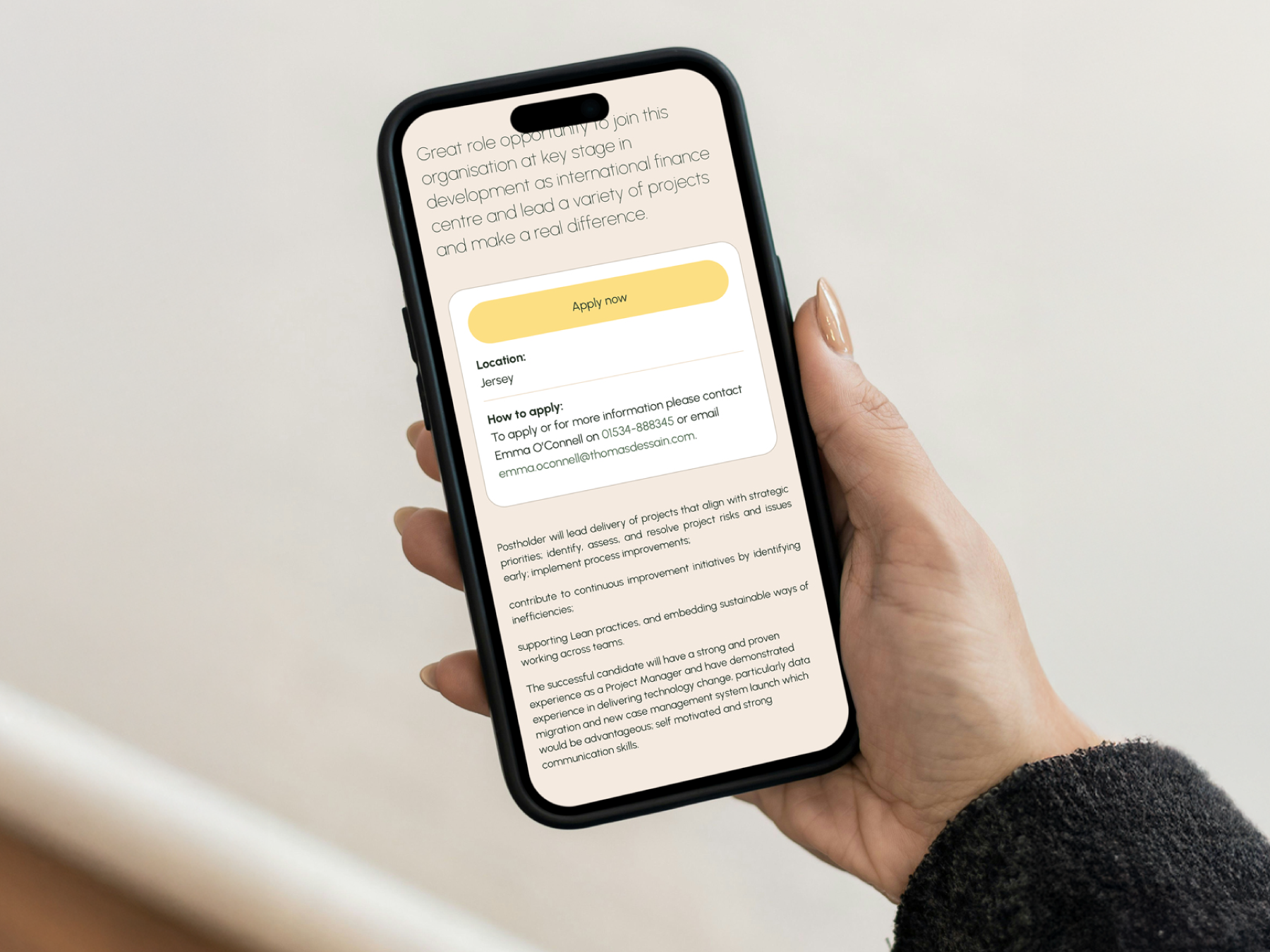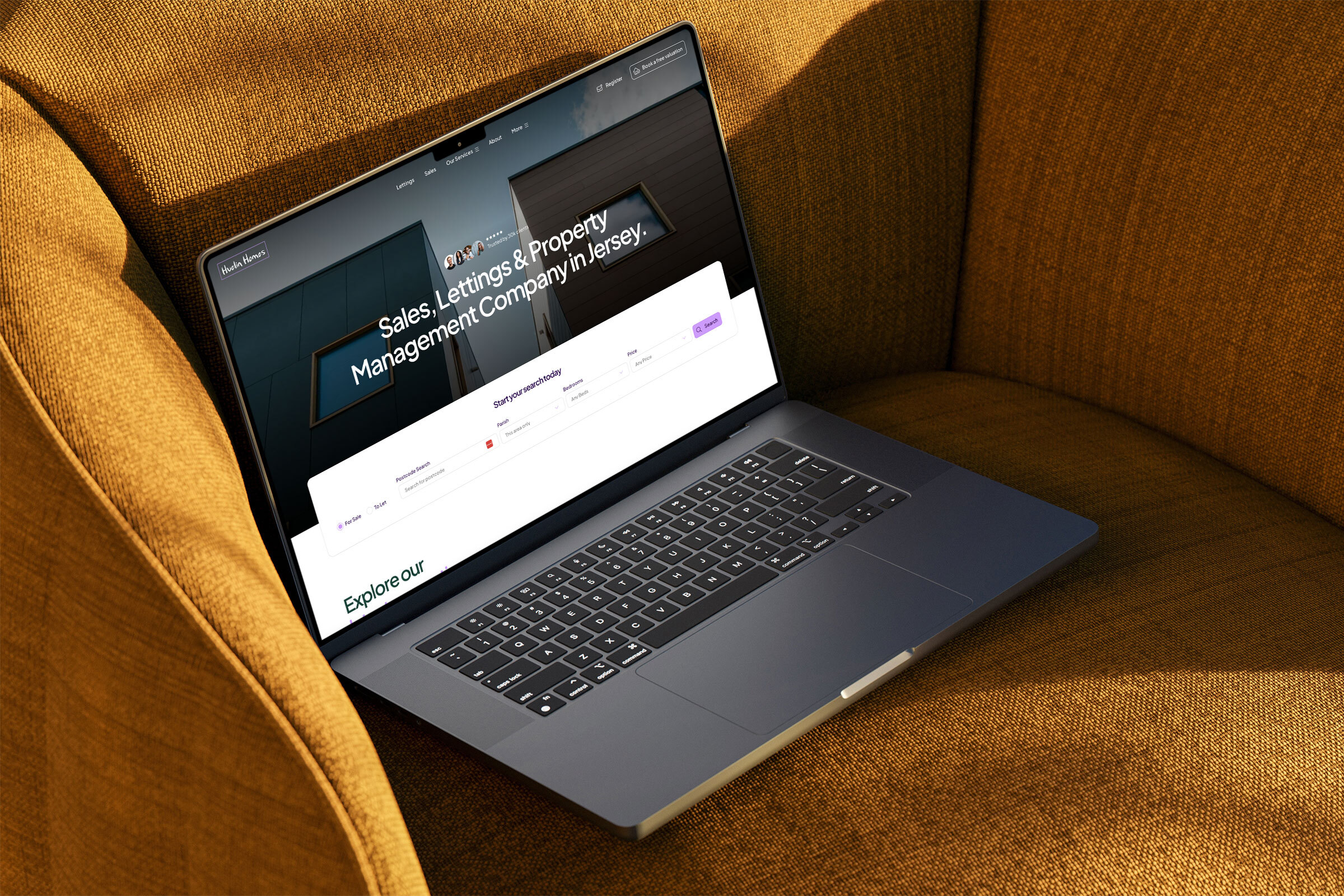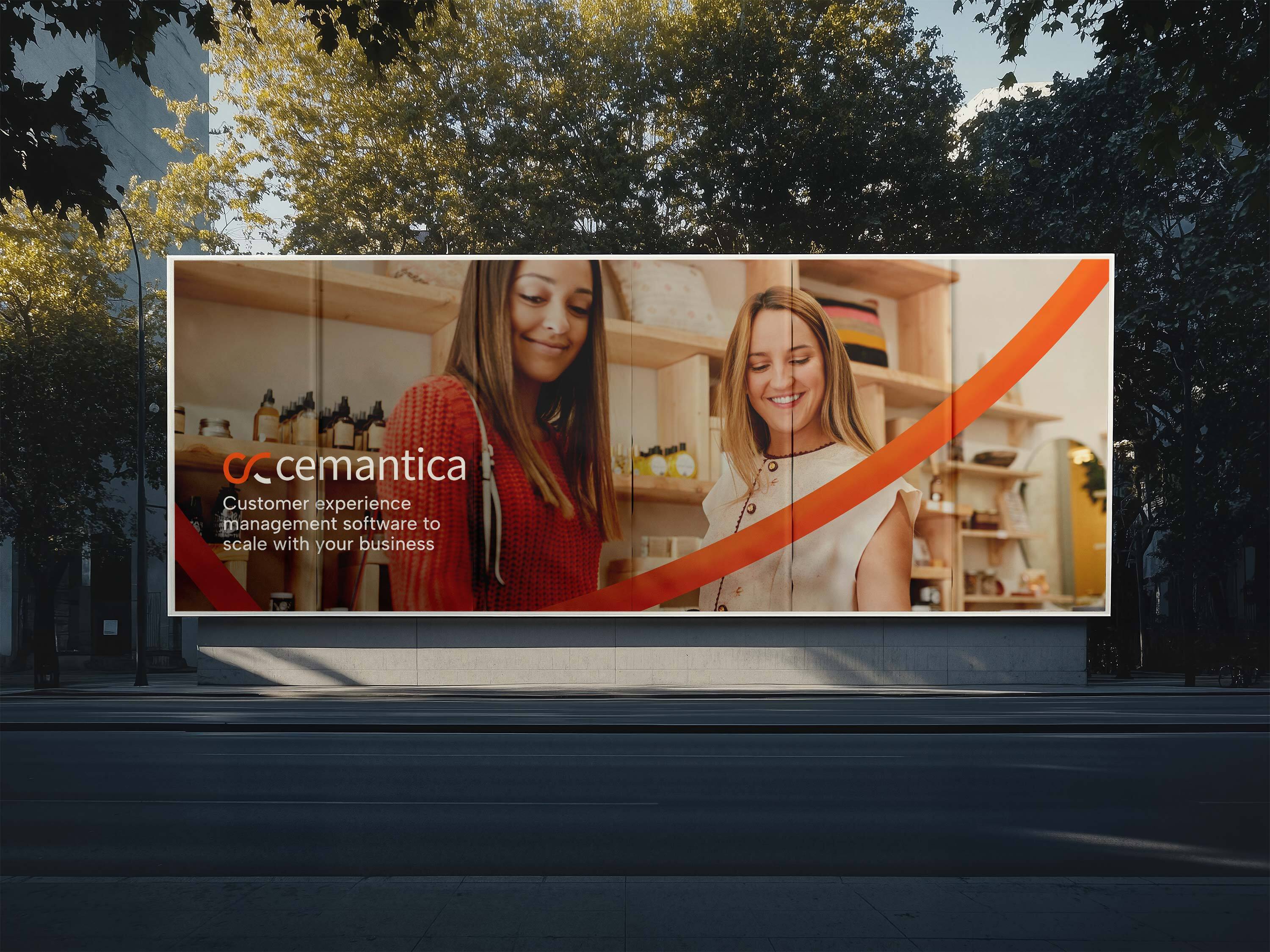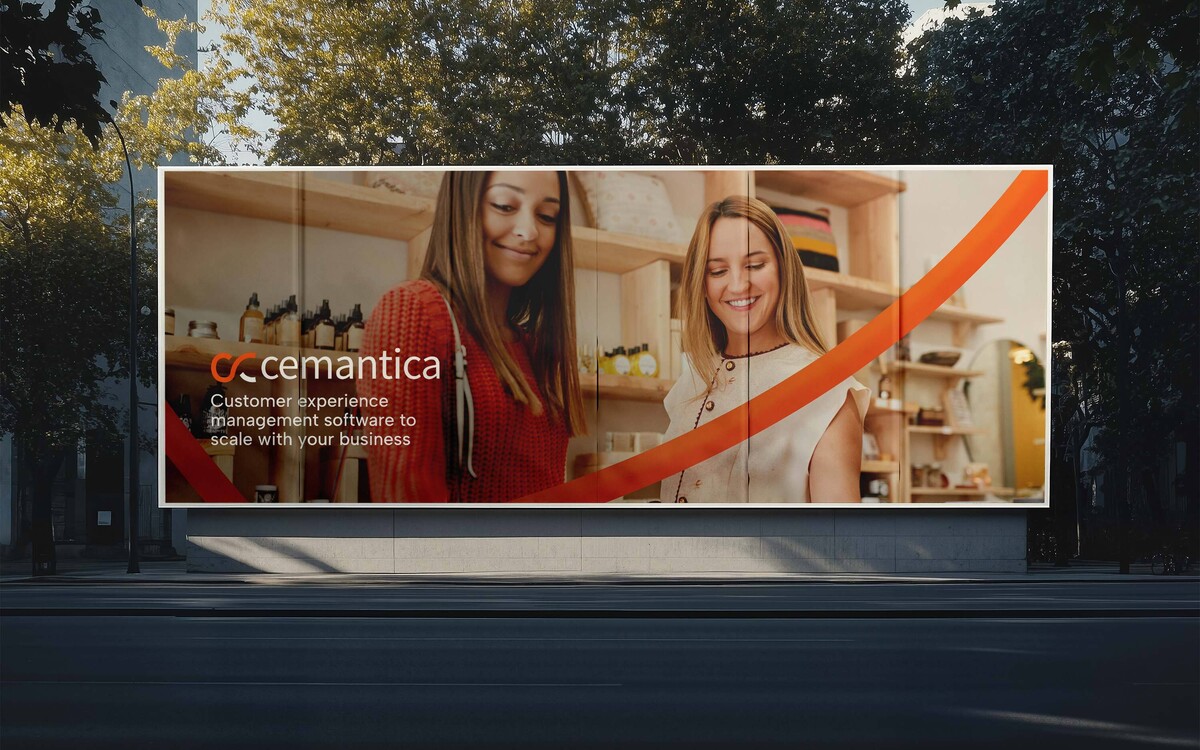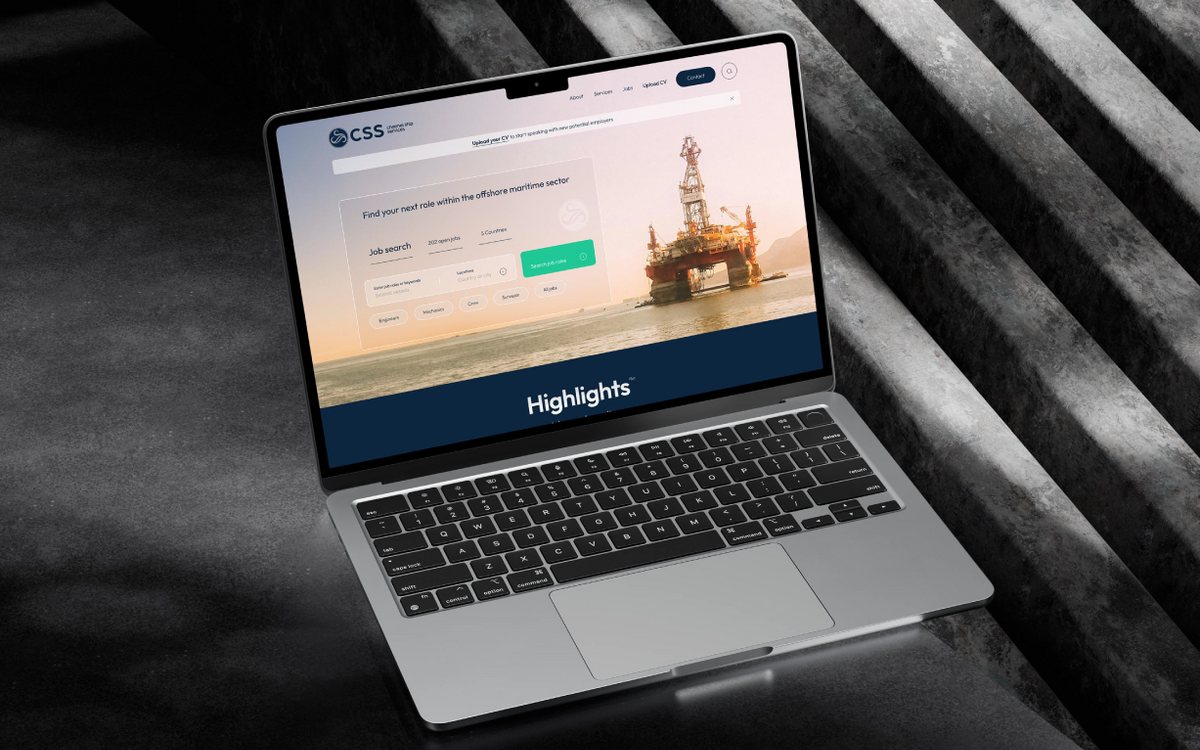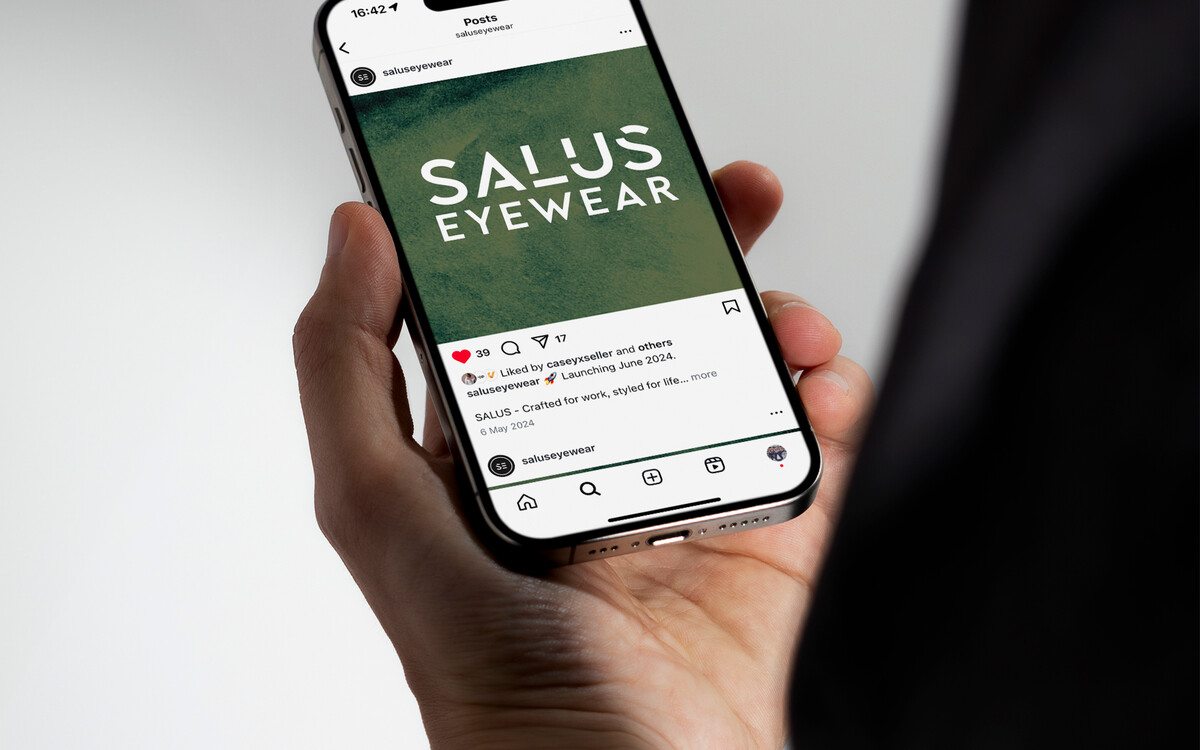Digital Marketing
iPOP delivers data-driven digital marketing strategies that elevate brand visibility, boost engagement, and drive real results. From SEO and PPC to social media management, we create innovative, targeted campaigns that connect you to your audience and power your growth.
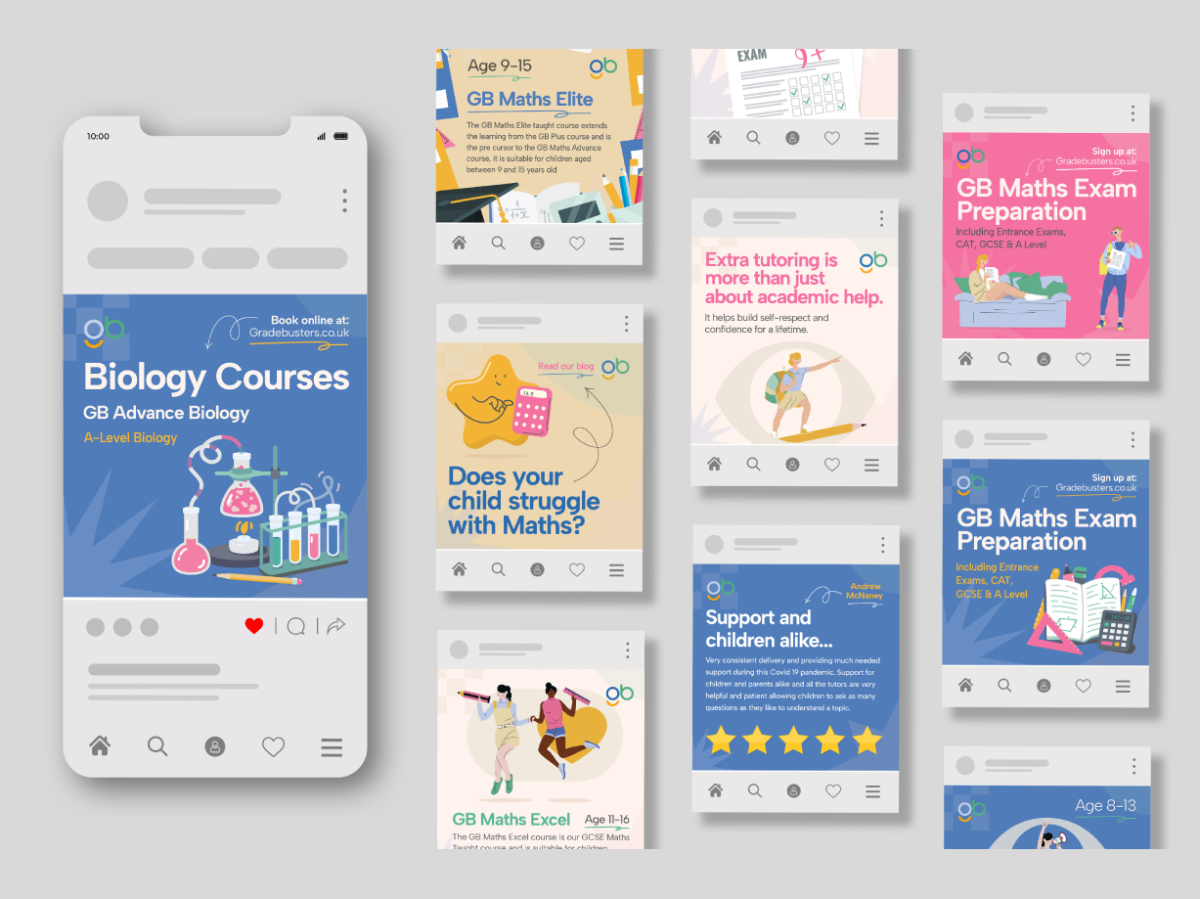
Digital marketing today is about connection, creativity, & results – & we deliver all three.
iPOP builds powerful strategies that tell your brand’s story in a way that captures attention and drives action. From Google Ads and SEO to social media advertising and management, every campaign is crafted to meet your goals and outperform expectations. As an accredited Google partner, we combine expert insights with real-time analytics to keep your brand visible, vibrant, and thriving. Ready to turn clicks into loyal customers? We’ll make it happen.
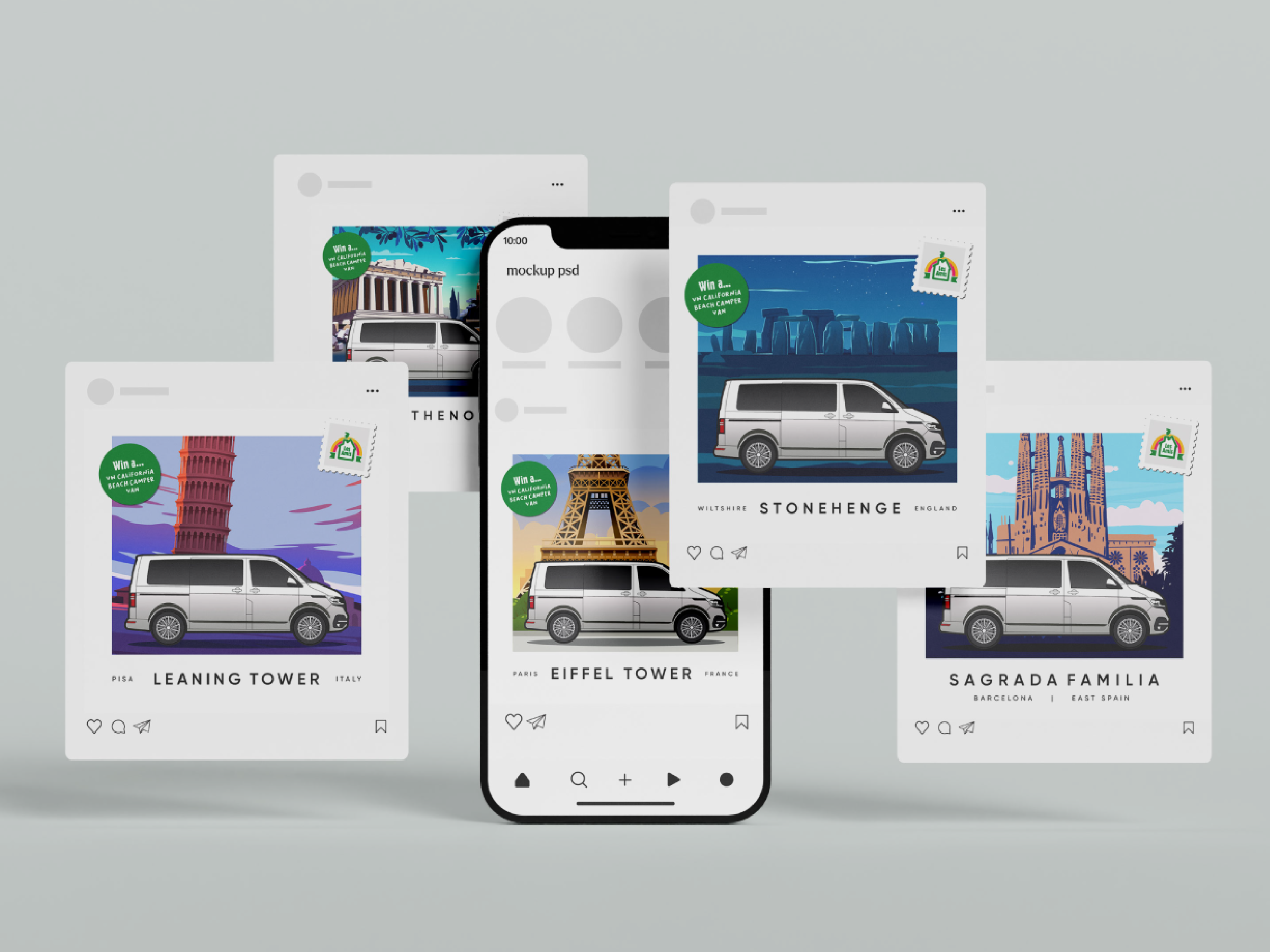
Traffic? We Drive It. Get Seen. Get Clicks. Get Results.
We don’t just boost traffic, we bring the right traffic. From fine-tuning your site structure and keywords to building quality backlinks, our SEO strategies help you climb the rankings and stay there. Pair that with targeted ads on Google and social, and you’ve got a digital presence that’s impossible to ignore. Every move we make is backed by data, insight, and the goal of turning attention into action.
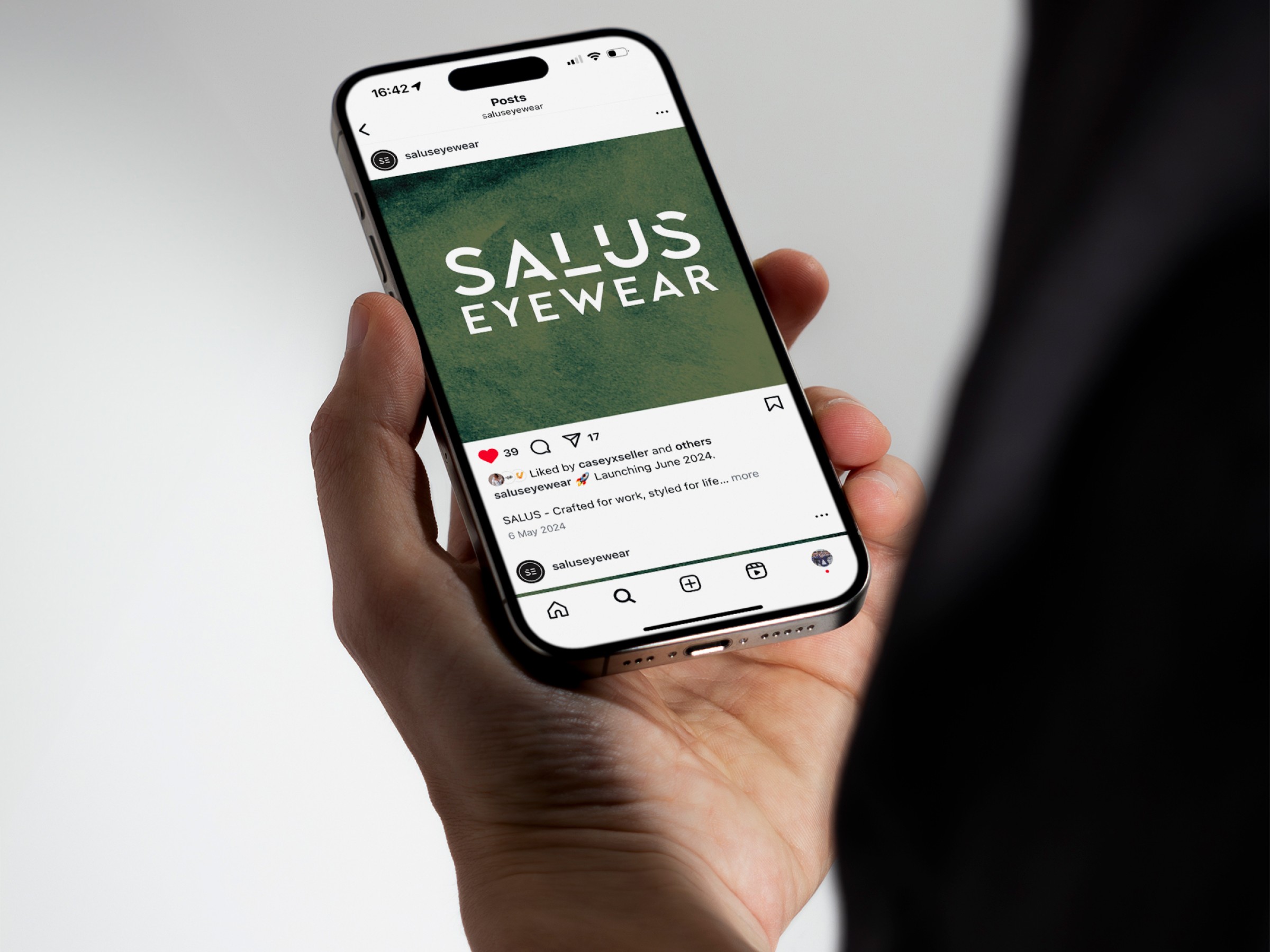
We Create Momentum. Not Just Impressions.
From search to social, we offer strategies that speak louder than promises.
- A digital marketing partner that delivers
- SEO that gets you seen
- High-performing Google Ads campaigns
- Targeted social media ads & management
- In-depth analytics & performance reporting
Latest news from our digital agency.
award-winning creative team
Explore more of our services.
iPOP Digital Agency
Trinity House,
Bath Street, Jersey,
Channel Islands, JE2 4ST
